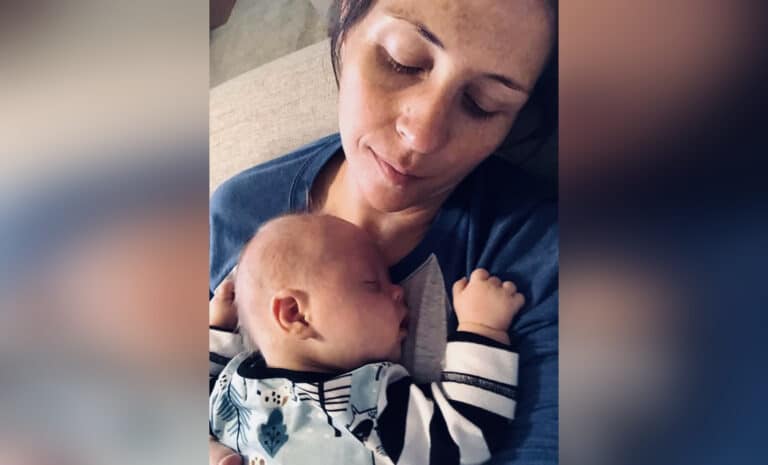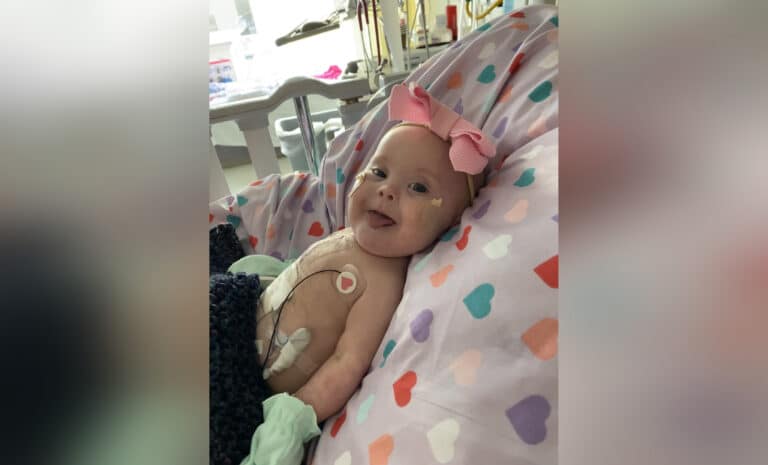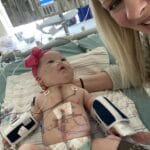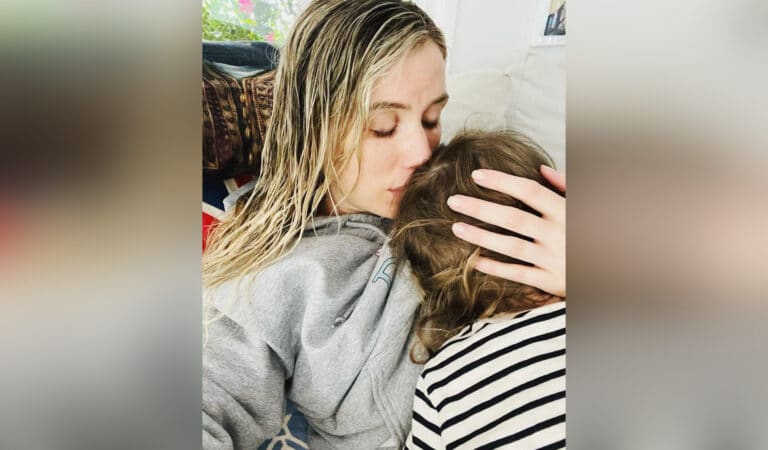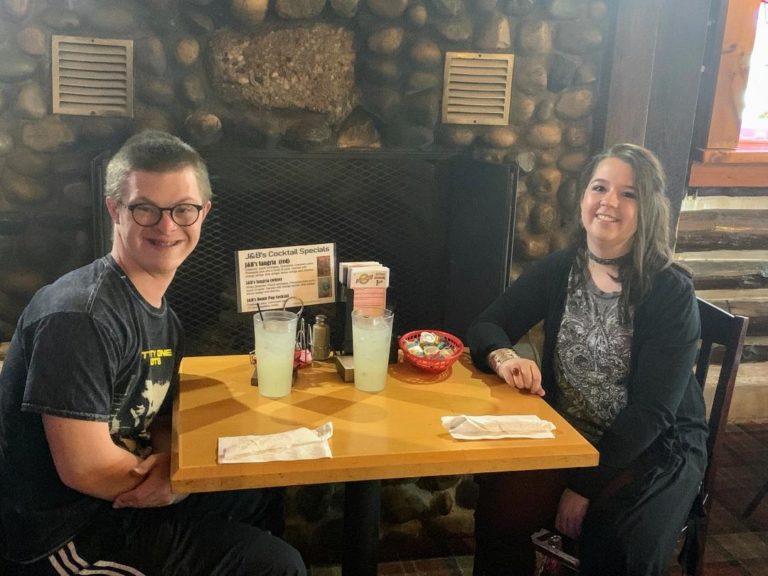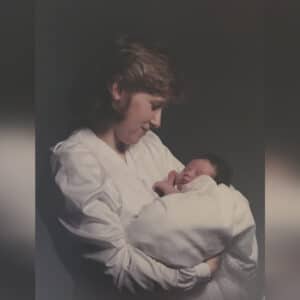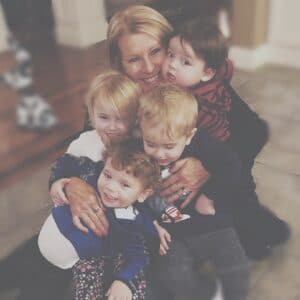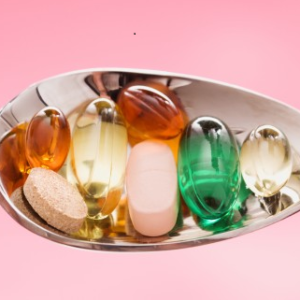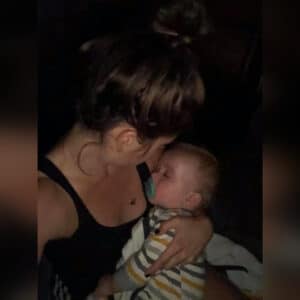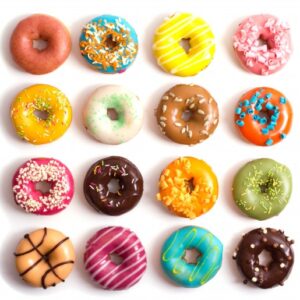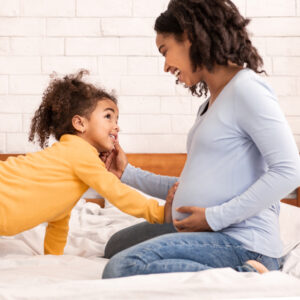When I was 20-weeks pregnant, my routine blood work came back with an abnormal marker. A second blood test and an amniocentesis later, and the results were confirmed: our baby was going to have Down syndrome.
Slowly, the news was shared, first with my and my husband’s families, then with friends, and eventually with acquaintances and coworkers. As they found out, my husband and I received mountains of support from everyone who knew us. For that, we will be forever grateful.
But what we couldn’t have foreseen was how the various words of support might hit us. Loving, well-meaning people offered loving, well-meaning words. However, what I actually heard was often something quite different from what the person meant to say.
What I heard was usually something that was not unlike a punch in the gut.
“I know people with Down syndrome. They’re the sweetest, most happy people you’ll ever meet.”
What I heard: Your child will be seen as categorically different from typical children.
RELATED: What They Don’t Tell You About Having a Child With Down Syndrome
“My cousin had a baby with Down syndrome. She was her parents’ best friend her entire life.”
What I heard: Your child may never live independently or be married.
“Lifespans are longer now. I knew someone with Down syndrome who lived into their 60s.”
What I heard: There’s a chance you will outlive your child.
“No one could be better suited to raising a child with Down syndrome than you and your husband.”
What I heard: You’re being punished for being patient and somewhat having your life together.
Now, before you get righteously indignant, I know all these people were trying desperately to help us navigate a scary situation. My husband said to me many, many times, “People don’t know what to say. They just want to help. Try not to get upset.” And now, on the other side, holding my beautiful, happy baby in my arms, I freely admit that most of their statements are actually true.
But was it what I needed to hear at the time?
What I’d like most people to know is that finding out your unborn baby has a life-changing diagnosis is somewhat similar to losing the baby altogether. It was as though the child we were expecting to have had died, and now this new child was coming along with a lifetime of challenges we never anticipated. In that sense, we entered into a period of grieving. And like any grieving people, we didn’t need flowery, positive reassurances—however true they may be. We needed straight-up support.
Want to know the statements I remember most fondly?
“Oh goodness, that’s awful.”
What I heard: I acknowledge that this isn’t what any parent is prepared to hear about their child.
“I’ll be praying for you.”
What I heard: I don’t know how this will work out, but I believe good can come from it.
“How are you?”
What I heard: It’s OK if you’re not OK. How can I help?
RELATED: The Biggest Thing You Need To Know About Down Syndrome
And my favorite, texted from one of my closest friends, “I know there will be lots of fears, hard times, and tears, but that’s true with every baby. However, there will be great love and joy as with any baby as well. No matter what, you will be great parents.”
Those were the words I needed to hear.
I didn’t need someone to convince me to have a glass-half-full attitude. I needed people to understand that we were attempting to swallow a massively huge, bitter pill without choking to death on it. That no matter how many cute photos you show me, this still wasn’t what I was expecting. That the best thing you can offer is your support, your presence, your love.
The next time you encounter someone who’s going through a tough time—be it a life-changing diagnosis, a lost job, or the death of a loved one—don’t focus on what you think you need to say. Pause for a moment and think about what we truly need to hear.

If you liked this, you'll love our book, SO GOD MADE A MOTHER available now!
Order NowCheck out our new Keepsake Companion Journal that pairs with our So God Made a Mother book!
Order Now

